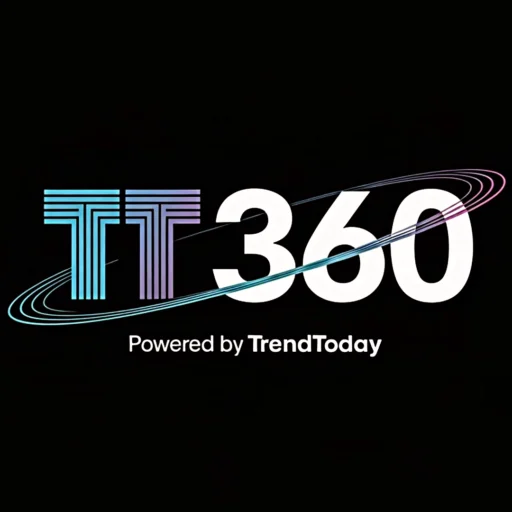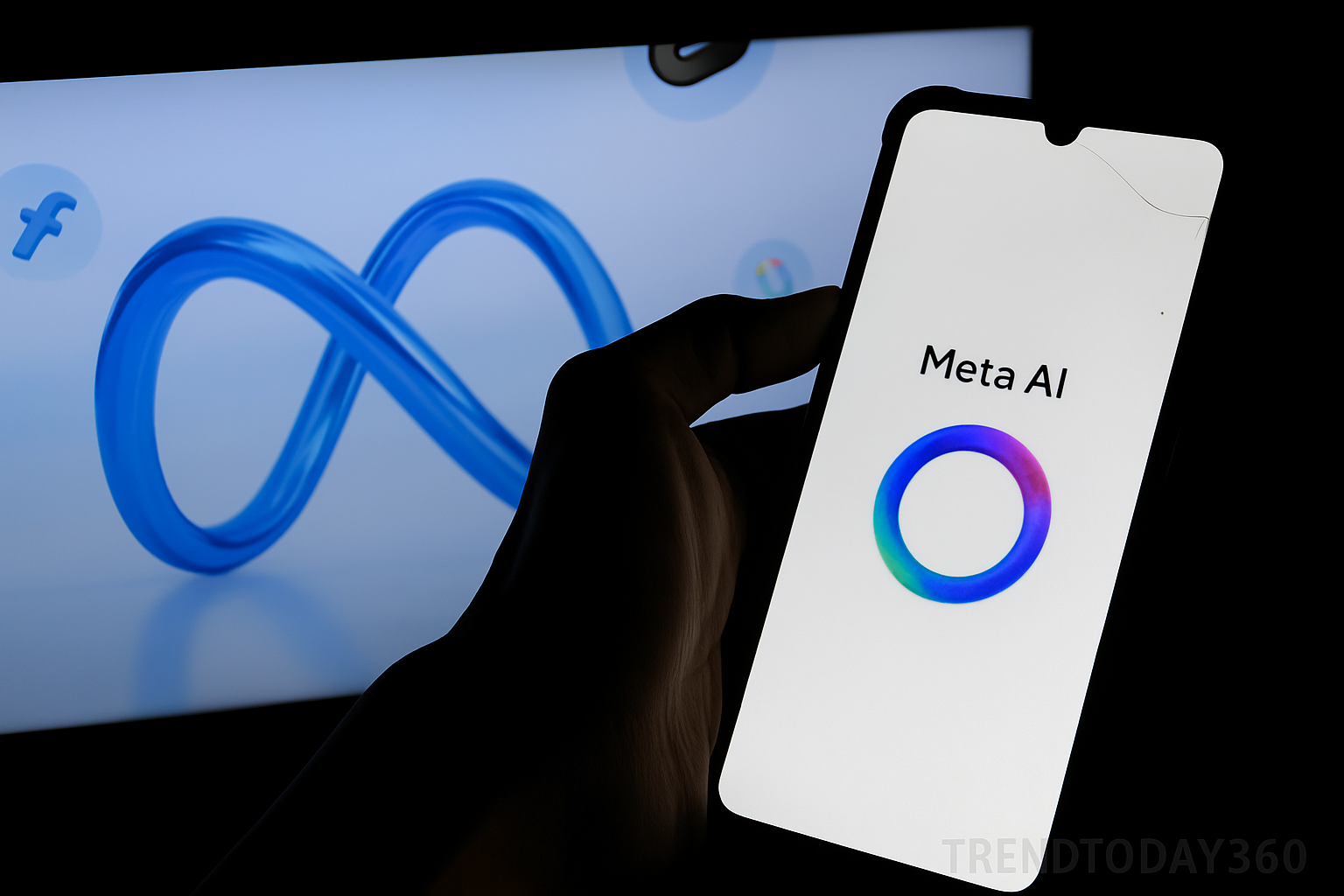In a significant win for Big Tech, Meta has managed to dodge a major blow in the ongoing legal war over AI and copyright. A U.S. federal judge recently dismissed key claims in a lawsuit filed by many authors. These writers accused Meta of improperly using their copyrighted works to train its artificial intelligence models.But the courtroom drama is just beginning.
The Meta AI copyright lawsuit has sparked wide debate around ethics, legality, and what creative ownership really means in the age of AI. With the court only partially siding with Meta, it’s opened up fresh questions about how legal systems will treat AI training data going ahead.
What the Court Decided for Meta AI
Judge Vince Chhabria of the Northern District of California ruled that most of the plaintiffs’ claims lacked enough evidence to move forward. Authors claimed that Meta used their copyrighted books without permission to train its large language model, LLaMA.
While the judge found that some of the copyright infringement claims were too vague, he did allow a few to proceed. These claims focused on direct copying and misuse of protected content, though in very specific cases.
So, while Meta avoided a full-scale legal setback, the judge made it clear—the Meta AI copyright lawsuit isn’t going away just yet.
Why This Matters of Meta AI
This lawsuit has sparked debate across the tech and publishing industries. If authors win even partially, it could set a precedent for how AI companies achieve and use data. And for Meta, which is betting heavily on AI as the future of its business, the consequences could be serious.
The core issue is not just about money. It is about ownership, permission, and the role of AI in our society. Should companies like Meta be allowed to scrape the internet or libraries to assemble,smarter algorithms? Or should content creators be compensated when their work powers someone else’s technology?
What Meta Says
Meta also claims it uses content that’s either in the public domain or altered enough to fall under fair use.
The company insists that training AI on existing content is crucial for driving technological progress.
Meta also claims it uses content that’s either in the public domain or altered enough to fall under fair use
Still, critics say the company should be more transparent about what data its models consume. Authors, musicians, and artists want clearer rules—and ideally, compensation—if their work is part of that data stream.
Authors and Creative Communities Respond
Authors involved in the lawsuit voiced a mix of disappointment and hope. Many expected the court to deliver a clearer message. The Meta AI copyright lawsuit also sparked energy across the creative community. Writers’ unions, content creators, and digital rights groups rallied around the case to build support. They argue that creators deserve control over how others use their work—especially now, when AI can mimic writing styles and even replicate human-like personalities.
What Happens Next?of Meta AI copyright lawsuit
Next, the case enters the discovery phase. Lawyers on both sides will dig through the facts and present solid evidence. This stage could uncover how Meta trains its AI models and what types of data it actually uses
Legal proficient believe this won’t be the last case of its kind. Similar lawsuits have been filed against OpenAI and other tech firms.
Regardless of who wins, the Meta AI copyright lawsuit is likely to reshape the conversation around AI, copyright, and fairness.
Final Thoughts
Meta may have dodged a bullet, but it has not avoid the fight. The court’s decision offers a temporary win, but it also highlights how unprepared our laws are for the AI age. As companies build ever-smarter machines, the world must decide who owns creativity—and who gets to profit from it.
The spotlight will remain on Meta as the case unfolds. For now, it’s a cautious win, not a complete victory.
Update By TrendToday360







Leave a Reply